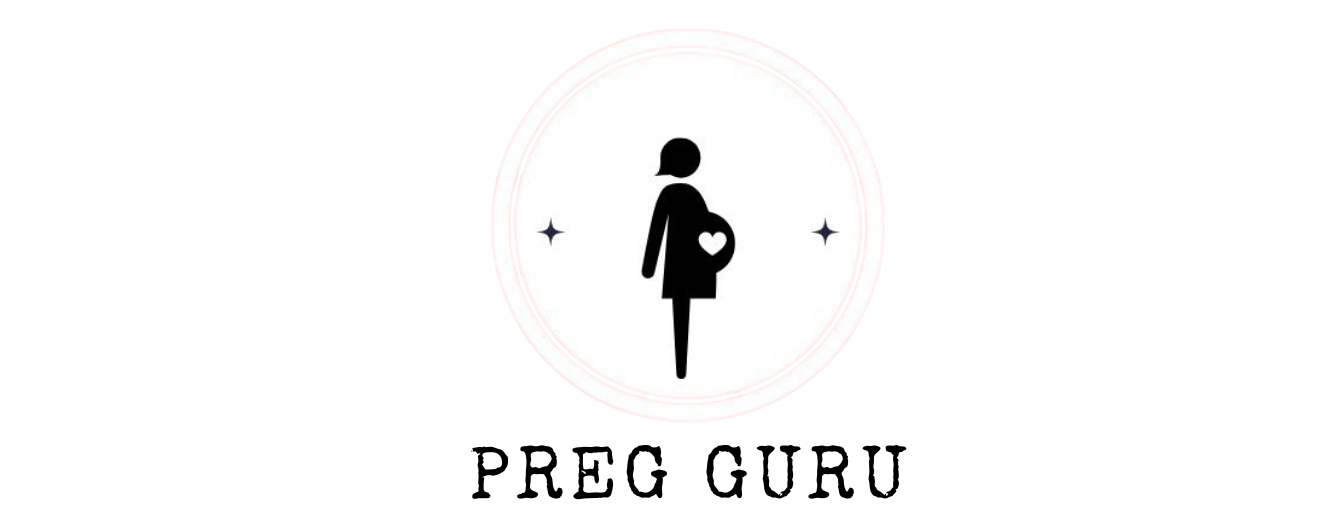Welcome to the incredible journey of motherhood, where the bond between a mother and her newborn is beautifully nurtured through the act of breastfeeding. In this comprehensive guide, we’ll explore the art and science of breastfeeding, delving into its benefits, techniques, and common challenges. As we embark on this enlightening journey, trust that the information provided is expertly curated and backed by scientific consensus to empower and support new mothers.
Table of Contents

Importance of Breastfeeding
It is not just a feeding method; it’s a profound connection between mother and baby. Scientific research consistently highlights its numerous benefits, from providing essential nutrients and antibodies to promoting emotional bonding. As you navigate this beautiful experience, remember that breastfeeding contributes to your baby’s overall health, development, and immune system strength.
The Science Behind Breast Milk
Breast milk is a miracle creation perfectly tailored to meet your baby’s needs. Rich in antibodies, proteins, and healthy fats, it not only provides optimal nutrition but also boosts your baby’s immune system. Understanding the composition of milk empowers you as a mother, reinforcing your role as the primary source of nourishment for your little one.
Tips for New Moms
The initial days of nursing can be challenging, but with the right techniques, it becomes a rewarding experience. From achieving the perfect latch to recognizing hunger cues, this section will guide you through the crucial first steps of establishing a successful routine.
Common Challenges and Solutions
It’s not uncommon for new moms to encounter hurdles during this journey. From sore nipples to engorgement, we address these challenges head-on, offering practical solutions to ensure a smooth experience for both you and your baby.
Breastfeeding Positions and Techniques
Explore various positions that cater to both comfort and efficiency. Learn the art of the cradle hold, football hold, and side-lying position, ensuring that you find what works best for you and your baby. This section provides visual aids and step-by-step instructions for mastering these positions.
Balancing Work and Breastfeeding
For working moms, finding a balance between career and nursing can be challenging. Discover practical tips for expressing and storing milk, creating a friendly work environment, and communicating your needs with your employer.
Nutritional Considerations for Breastfeeding Moms
Your nutrition directly impacts the quality of breast milk. Learn about essential nutrients, foods to include in your diet, and hydration tips to ensure you’re providing the best nourishment for your baby while maintaining your own health.
Weaning: A Gradual Transition
As your baby grows, the time for weaning will arrive. Navigate this transition with confidence, understanding the signs that your baby is ready and implementing a gradual approach that respects both your baby’s needs and your comfort.
Support Systems for Moms
Building a support system is crucial for a successful breastfeeding journey. Connect with other moms, join support groups, and involve your partner in the process. Emotional support enhances your confidence and positively influences your breastfeeding experience.
Benefits for the Baby:
- Optimal Nutrition: Breast milk is tailor-made for infants, containing the perfect balance of nutrients, proteins, fats, and antibodies essential for their growth and development.
- Immune System Boost: It is rich in antibodies and immune-boosting substances, providing passive immunity to help protect infants against infections and illnesses.
- Digestive Health: It is associated with a lower risk of gastrointestinal issues, such as diarrhea and gastroenteritis, due to the easily digestible nature of breast milk.
- Cognitive Development: Studies suggest that it may contribute to improved cognitive development, including higher IQ scores and enhanced neurological function.
- Reduced Risk of Allergies and Asthma: Breastfeeding has been linked to a lower incidence of allergies and asthma in children, possibly due to the immune-boosting properties of breast milk.
Benefits for the Mother:
- Postpartum Weight Loss: Breastfeeding burns extra calories, aiding in postpartum weight loss and helping mothers return to their pre-pregnancy weight.
- Uterine Contraction: Breastfeeding stimulates uterine contractions, helping the uterus return to its pre-pregnancy size more quickly and reducing postpartum bleeding.
- Reduced Risk of Breast and Ovarian Cancer: Long-term breastfeeding is associated with a decreased risk of breast and ovarian cancers in mothers.
- Natural Contraceptive: It can act as a natural form of contraception in the first six months postpartum, providing some protection against pregnancy.
- Emotional Well-Being: The release of oxytocin during promotes feelings of relaxation and bonding, contributing to improved maternal mental health.
- Economical: It is a cost-effective feeding method, eliminating the need for formula expenses and reducing healthcare costs associated with infant illnesses
How often should I nurse my newborn?
Newborns typically feed 8-12 times a day, following their hunger cues.
Is it normal to experience pain during breastfeeding?
While some discomfort is common initially, persistent pain may indicate latch issues, and consulting a lactation consultant is advisable.
How can I increase my milk supply?
Ensure proper hydration, nutrition, and frequent breastfeeding or pumping sessions to stimulate milk production.
Can I nurse if I have a busy work schedule?
Yes, with proper planning and communication with your employer, it’s possible to balance work and breastfeeding.
What should I do if my baby is not latching correctly?
Seek assistance from a lactation consultant to assess and improve your baby’s latch.
How long should each nursing session last?
Sessions typically last 15-20 minutes per breast, but the duration may vary.
When can I introduce solid foods to my baby?
Around six months, when your baby shows signs of readiness for solids.
Can I feed my baby if I’m sick?
Yes, continuing to breastfeed provides antibodies that can benefit your baby, but consult your healthcare provider for guidance.
How do I deal with public breastfeeding?
Practice breastfeeding in different positions at home to find what’s comfortable for you, and consider using a nursing cover if it makes you more at ease.
What are the benefits of extended nursing?
Extended breastfeeding, beyond the first year, continues to provide emotional and nutritional benefits for both mother and child.
Conclusion:
Embarking on the journey of breastfeeding is an enriching experience that nurtures both the physical and emotional well-being of both mother and child. Remember, each breastfeeding journey is unique, and it’s okay to seek support when needed. As you navigate this chapter of motherhood, trust your instincts, connect with fellow moms, and embrace the joy of nourishing your baby naturally. For your breastfeeding journey, consider checking out pregguru.com




Your article helped me a lot, is there any more related content? Thanks!
Can you be more specific about the content of your article? After reading it, I still have some doubts. Hope you can help me.
I am really impressed with your writing talents and also with the layout on your blog. Is this a paid theme or did you modify it your self? Either way stay up the nice high quality writing, it is rare to see a nice weblog like this one these days!
Thanks for sharing. I read many of your blog posts, cool, your blog is very good.
Puraburn very informative articles or reviews at this time.
I don’t think the title of your article matches the content lol. Just kidding, mainly because I had some doubts after reading the article.
Let me know what type of content you’d like to see more of in the future!
Thanks for sharing. I read many of your blog posts, cool, your blog is very good.
Your article helped me a lot, is there any more related content? Thanks! https://accounts.binance.com/en-NG/register?ref=JHQQKNKN
Can you be more specific about the content of your article? After reading it, I still have some doubts. Hope you can help me.
Can you be more specific about the content of your article? After reading it, I still have some doubts. Hope you can help me.
Noodlemagazine For the reason that the admin of this site is working, no uncertainty very quickly it will be renowned, due to its quality contents.
I don’t think the title of your article matches the content lol. Just kidding, mainly because I had some doubts after reading the article.
Thanks for sharing. I read many of your blog posts, cool, your blog is very good.
Mangaclash Very well presented. Every quote was awesome and thanks for sharing the content. Keep sharing and keep motivating others.
Blue Techker I’m often to blogging and i really appreciate your content. The article has actually peaks my interest. I’m going to bookmark your web site and maintain checking for brand spanking new information.
It is a pleasure to read this weblog, thanks to its up-to-date information and interesting posts. Look into my web page YH9 for some really good points and find out more about Thai-Massage.
Sharing is caring the say, and you’ve done a fantastic job in sharing your knowledge on your blog. It would be great if you check out my page, too, at UQ5 about Cosmetics.
Simply Sseven I am truly thankful to the owner of this web site who has shared this fantastic piece of writing at at this place.
Real Estate This was beautiful Admin. Thank you for your reflections.
Techno rozen I just like the helpful information you provide in your articles